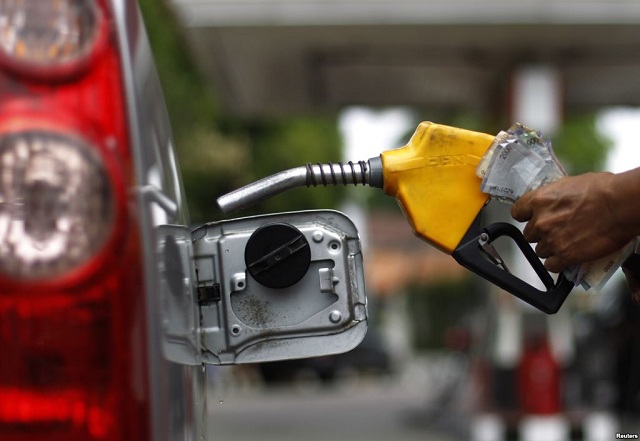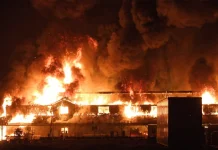The Federal Government on Monday met with oil marketers in the downstream sector to perfect plans for the full deployment of auto gas in filling stations and the conversion of 200,000 commercial vehicles to run on gas this year.
At that meeting convened in Abuja by the Minister of State for Petroleum Resources, Chief Timipre Sylva, the government made known the 2022 Framework for the deployment of CNG (Compressed Natural Gas, popularly called auto gas) in Nigeria.
Senior officials of the Major Oil Marketers Association of Nigeria, Depot And Petroleum Products Marketers Association of Nigeria, as well as other major players in the downstream sector were present.
Sylva told his guests that the government was out to ensure that it made available the alternatives required before the removal of subsidy on Premium Motor Spirit (petrol), stressing that the deployment of auto gas was one of such key alternatives.
He also stated that the government would be supporting them with 50 per cent of the conversion kits to fast-track the process, adding that additional support as required would be given, going forward.
“We said we must provide alternative fuel and the alternative that we concluded on was the auto gas alternative. To provide it for our people,” he stated.
He added, “Since this agreement between us (government and marketers), a lot of work has been going on and we have come to a certain point where we need to take it further. But we cannot move further without ensuring that you as our partners are fully on board.”
It stated that its priority now was the rapid and strategic introduction of Natural Gas Vehicles as an alternative fuel for transportation in Nigeria in line with the approved National Gas Policy.
“This will pave the pathway to full deregulation of the downstream petroleum sector in Nigeria, while reducing the effect of deregulation on transportation costs,” the document read in part.
It added, “The Ministry of Petroleum Resources was charged with the responsibility to provide auto gas (LPG, CNG, LNG) as an alternative and competitive fuel for mass transportation
“CNG was selected as the fuel of choice because it holds a comparative advantage due to its ease of deployment, its comparatively lower capital requirements, commodity’s supply stability, existing in-country volumes, and local market commercial structure which relies predominantly on the naira.













